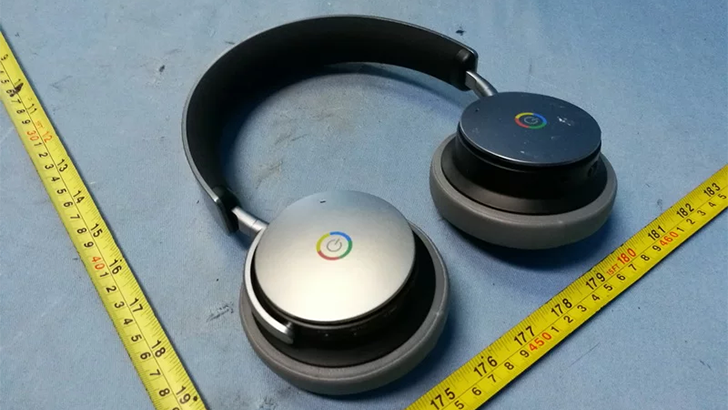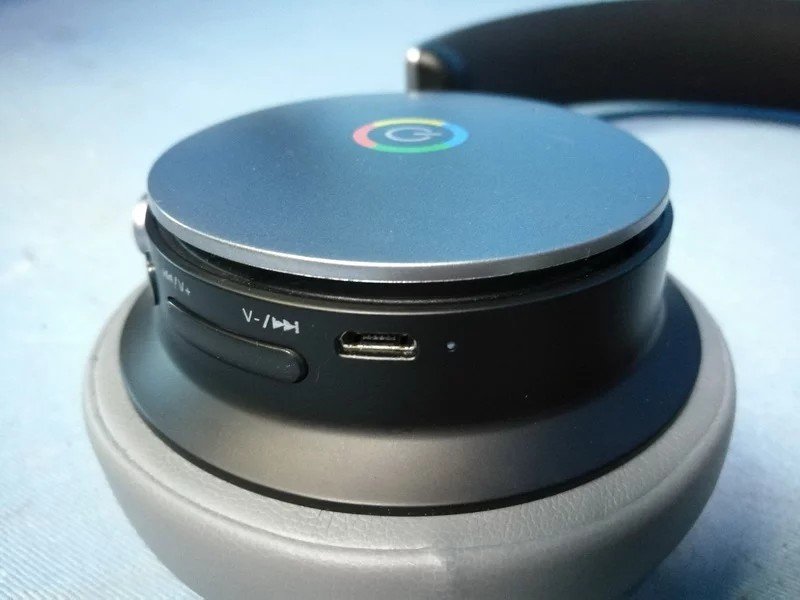Google-branded headphones pass through the FCC, and they're ... uninspiring

Fun stuff pops up at the FCC from time to time while it's being certified for use in the U.S., and the latest bit of hardware is Google-branded over-the-ear headphones. The grey-and-black cans have a little Google branding flare and appear to have a touch-sensitive area for at least power. Around the sides you see a pretty standard arrangements of ports and buttons ... but yes there's a Micro-USB port there, which is odd.
The headphones are being certified for Bluetooth, of course, and there's a 600mAh battery inside. We're not sure if there's active noise cancellation (edit: other photos seem to show ANC) or any additional smarts here, but there seem to be a pair of small slits on the earcups that could be microphones used for both that and phone calls.

Now it's easy to look at what's here and not be very excited about the shoddily made, cheap-looking headphones that use an old port and don't seem to have anything interesting to them. But remember that the hardware submitted to the FCC doesn't necessarily have to be final hardware. These could very easily be early engineering prototypes that simply have the right size and electronics inside to be evaluated by the FCC, but will have external hardware developed further after certification.
I sure hope that's the case, because I agree there isn't much to be excited about here. Even though Google has a somewhat spotty record of making overpriced accessories for its phones, it has at least released high-quality products that are made nicely and get the job done. Let's hope these headphones, if they end up being released, at least follow the same path. There's also a good chance that these are just cheap, low-end headphones to sit alongside the other gimmicky "Google" hardware from its merchandise store, or are just for internal use.
Be an expert in 5 minutes
Get the latest news from Android Central, your trusted companion in the world of Android
Andrew was an Executive Editor, U.S. at Android Central between 2012 and 2020.

